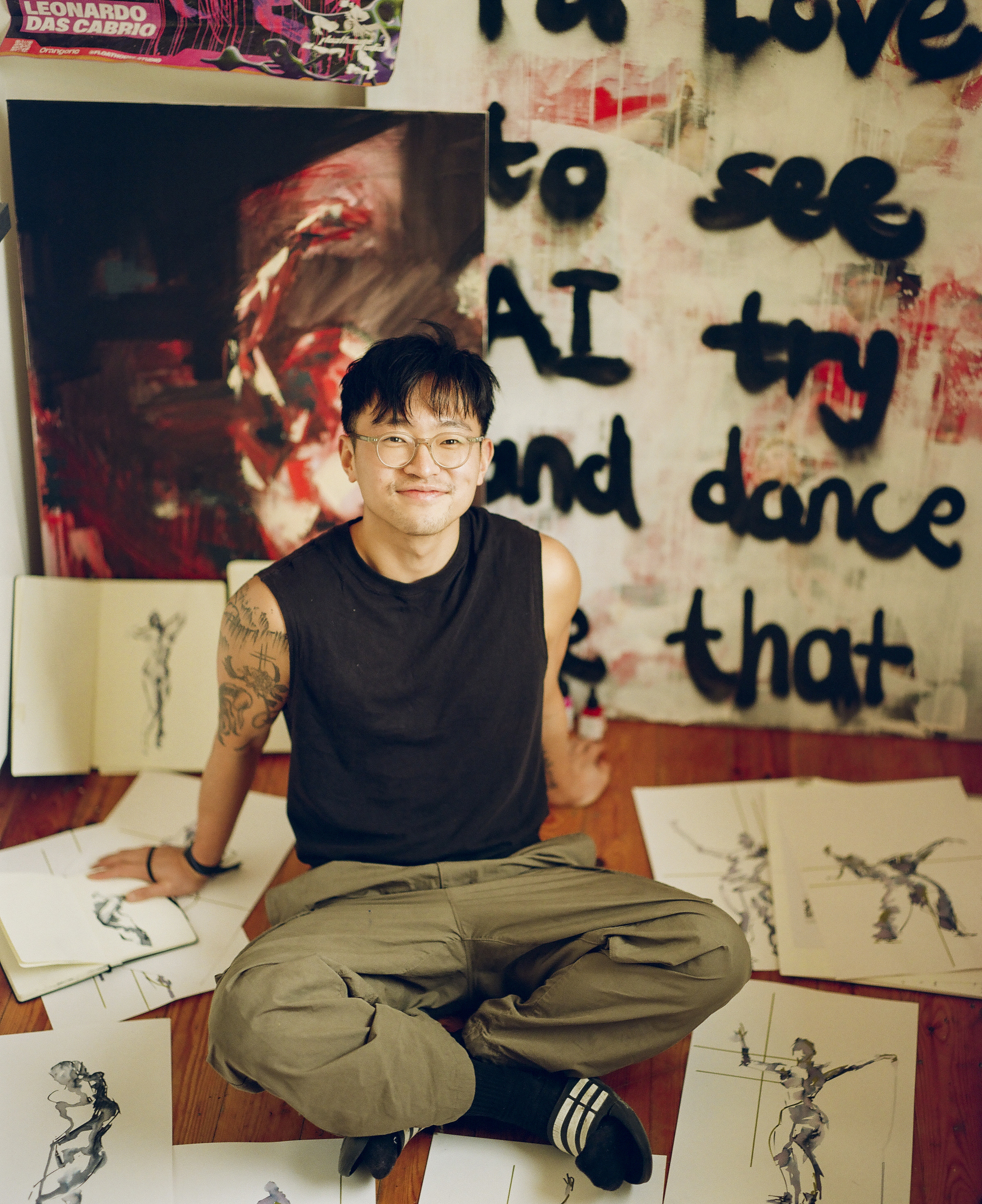- Not So Viral
- Posts
- How Working in Venture Capital Helped Me Become a 'Better' Artist
How Working in Venture Capital Helped Me Become a 'Better' Artist
3 core lessons I've learned...
I spent almost 3 years working as a venture capital investor.
Despite the learnings and growth I knew my heart was somewhere else.
Amidst the fast-paced environment and burnouts, there are definitive lessons I took from my time in the industry.

Here’s me in 2021 talking at my first Venture Capital panel in Berlin
I am, amongst many things, a figurative painter and tattoo artist.
I am still active in VC and advise creator economy startups and exchange dealflow with VCs - if this is you please reach out, I’d love to learn about you!
I might not have an art degree or years of practice but this how my experience as a venture capital investor helped me as an artist…
1. Venture Capital at its core is about networking and forming relationships.
All funds compete on the same premise.
They have a pot of money. And they need to allocate this money to startups that can produce outsized returns.
But first. They need to find these deals.
Easier said than done.
To find ‘good’ deals you need to network and form relationships with your peers. Peers that may share a deal with you or invite you to co-invest with them.
But how do you network effectively? In comes personal branding.
As a junior in the VC industry it is often hard to make a name for yourself. You have little or no track record.
The same applies to my art.
I doubled down on finding my voice, my visual language, my mission, my values - and I built my brand on instagram from 2k to 40k followers organically just this year.
Through this I’ve found my own deals - whether that’s buyers, commissions, collaborators etc
2. Being an artist = Running a business
What I lack in a formal art degree or years of technical practice I believe I gain in business skills and understanding.
Art is a product. I am a product. And I need to market both.
Not only this, I have explored other business models associated to my art, skills and creativity.
I have done brand partnerships, I have been paid for my content skills, I have released merchandise, I tried a subscription model.
I haven’t ‘made it yet’ but treating my art as a business is a way I can sustain it into the future.
3. Dealing with long sales cycles and negotiating
This is tied back to networking and relationship building.
Relationships take time to foster, in every domain.
In VC this could mean a founder can take a year to be ready to fundraise; but continuous dialogue and value exchange could result in you being the first in line.
The same applies in art; value true engagement. I love getting to know about the people interested in me or my art.
And it’s happened a few times now that I just so happened to sell my art to someone a year later.
There are kickbacks though…
It’s taken some time to shake off certain buzzwords and values…
One is ‘scalable’. Art is unscalable. And that’s why it’s beautiful and enriching.
When I tattoo a client or produce a commissioned artwork I get to understand their story - and I have an opportunity to celebrate that person’s creativity and individuality.
The end result…
I am far prouder of my impact through my art than I could be through analyzing growth in the monthly recurring revenue of a startup…
